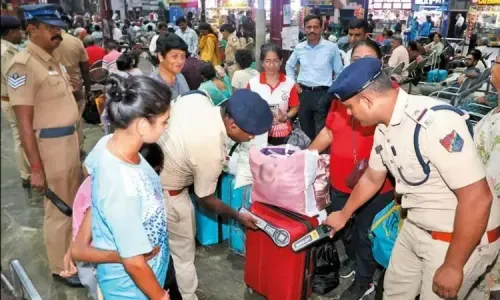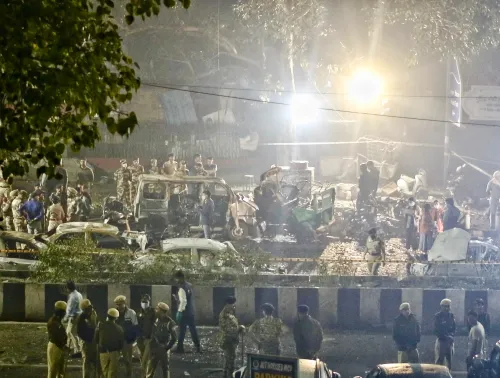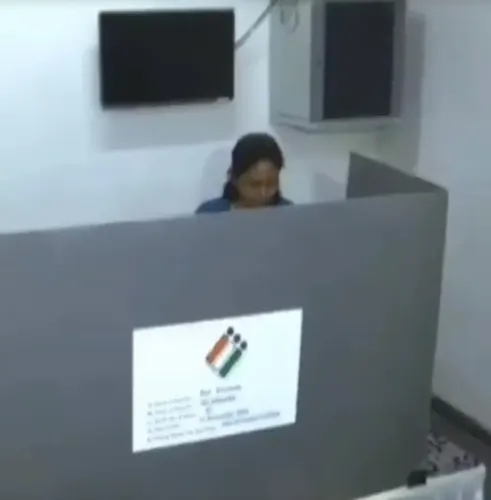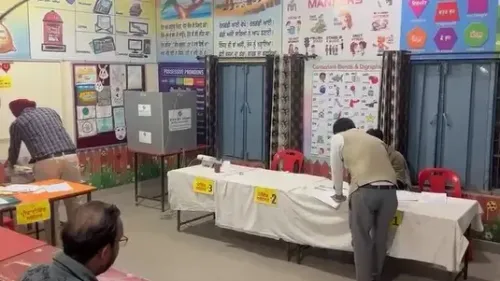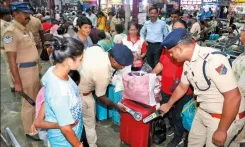Is There Discontent Among Community Health Officers Over Wage Discrepancies in Bengal?
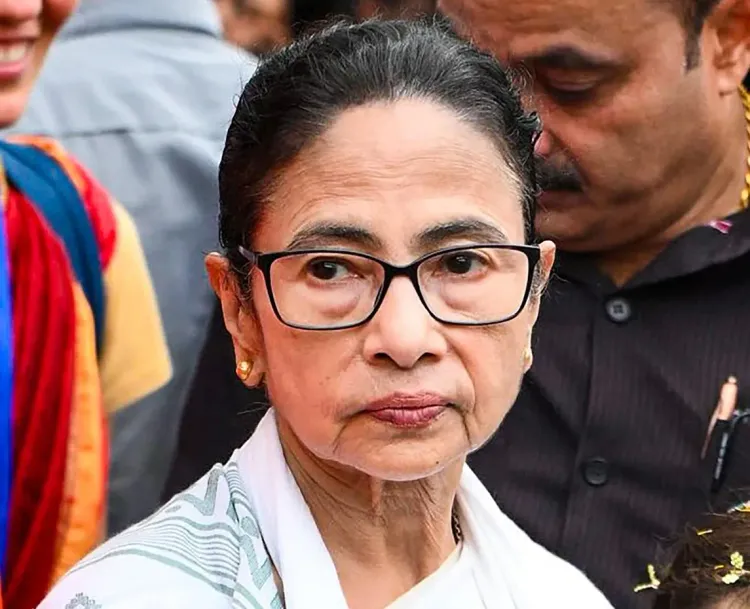
Synopsis
Key Takeaways
- 32% of community health officers are on contractual employment.
- The total number of community health officers in West Bengal is 11,053.
- Contractual officers receive less than the minimum payment established by NHM.
- Incentives for these officers are significantly lower compared to neighboring states.
- There is a urgent need to address wage disparities.
Kolkata, July 26 (NationPress) A significant level of discontent is emerging among numerous community health officers associated with Suswasthya Kendras (rural health and wellness centres) functioning under the National Health Mission (NHM) due to unfavorable employment conditions and pronounced wage discrepancies in West Bengal.
The primary concern is that nearly 32 percent of the health officers are employed on a contractual basis.
Current statistics reveal there are a total of 11,053 community health officers in West Bengal, out of which 3,550 are on a contractual agreement.
An office bearer from the All India Association of Community Health Officers (AIACHO) stated that appointing community health officers on a contractual basis contradicts NHM policies, as such employees are deprived of essential benefits like provident fund, gratuity, and medical insurance.
Even for those on contract, there should be a minimum payment structure, both in terms of consolidated pay and additional incentives.
According to NHM guidelines, a community health officer on a contractual basis is entitled to a consolidated monthly payment of Rs 27,500 along with a minimum monthly incentive of Rs 15,000. State governments can provide higher payments, but must adhere to these minimums.
However, in West Bengal, a contractual community health officer receives significantly less, with a consolidated payment of Rs 19,870 and an incentive of Rs 5,000, totaling Rs 24,870.
In contrast, in neighboring Odisha, a community health officer on a contract can earn up to Rs 55,000 monthly. This disparity needs to be addressed, and we should be compensated at least in line with the minimum standards established by central policy, emphasized the AIACHO representative.

